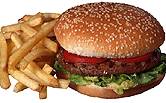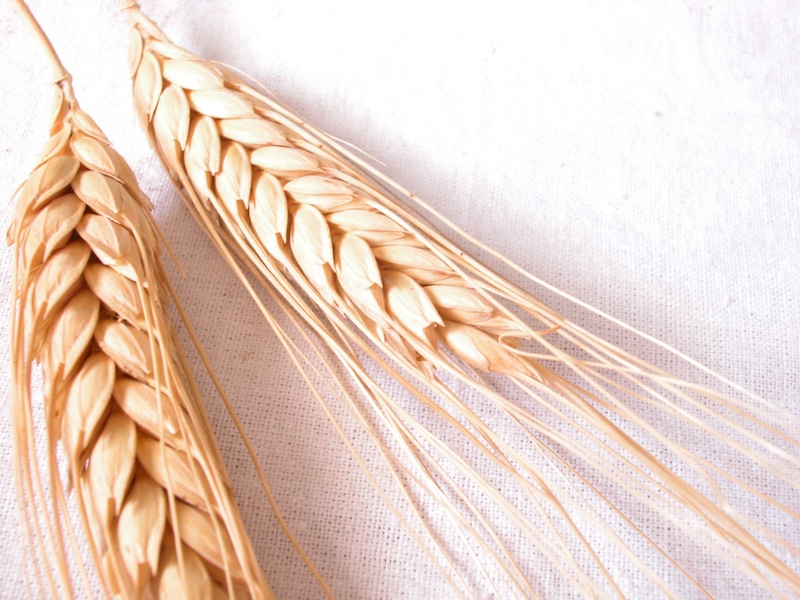
FRIDAY, May 10 (HealthDay News) —
The food you eat may affect your level of sleepiness or alertness during the day, according to a new, small study.
Researchers assessed the daytime sleepiness/alertness levels of 31 healthy, non-obese people, aged 18 to 65, who were normal sleepers. Then they looked at the meals they ate.
Higher fat consumption was associated with increased daytime sleepiness while higher carbohydrate intake was linked with increased alertness. There was no relationship between protein consumption and sleepiness or alertness.
The findings were independent of the participants’ age, gender, body-mass index, total amount of sleep and total intake of calories, according to the study, scheduled for presentation in June at the Associated Professional Sleep Societies annual meeting in Baltimore.
“Increased fat consumption has an acute adverse effect on alertness of otherwise healthy, non-obese adults,” principal investigator Dr. Alexandros Vgontzas, a professor of psychiatry at the Penn State College of Medicine, said in an American Academy of Sleep Medicine news release.
The findings add to previous research linking diet and sleepiness.
“Excessive daytime sleepiness and fatigue are very prevalent in the modern world and on the rise,” Vgontzas said. “It appears that a diet high in fat decreases alertness acutely, and this may have an impact on an individual’s ability to function and also public safety.”
High-fat diets are also associated with increased risk for certain cancers and heart disease.
Data and conclusions presented at meetings are typically considered preliminary until published in a peer-reviewed medical journal.
More information
The MedlinePlus Medical Encyclopedia has more about daytime drowsiness.

